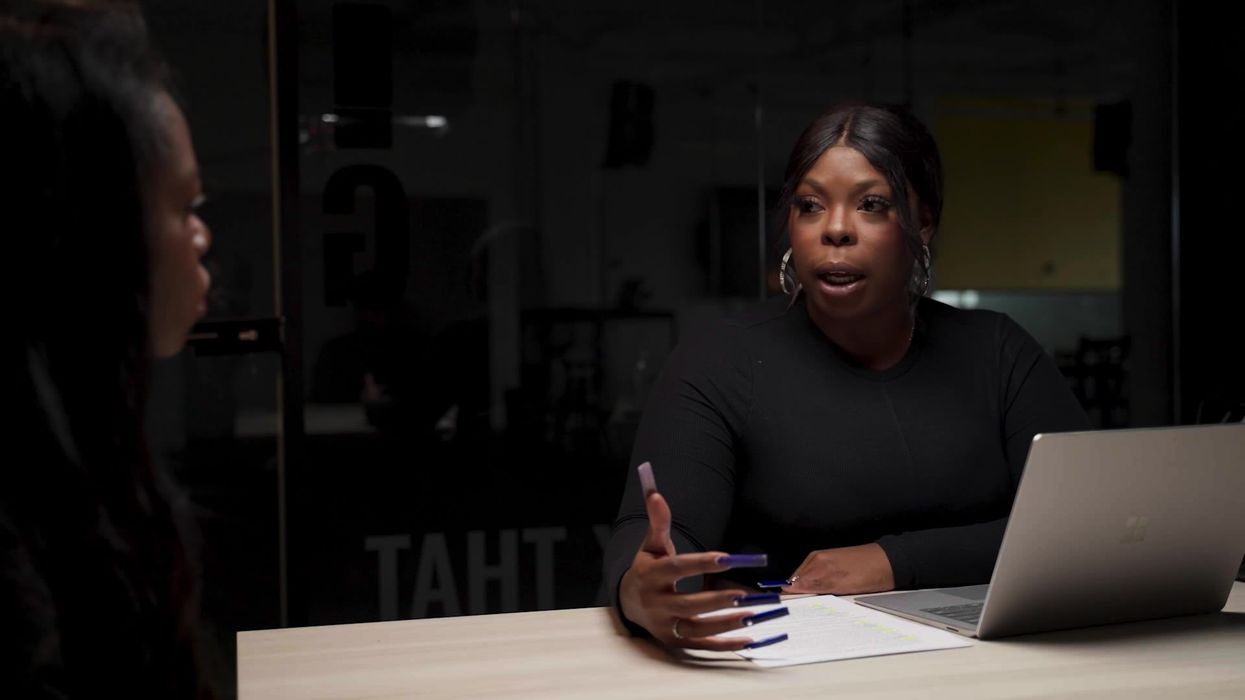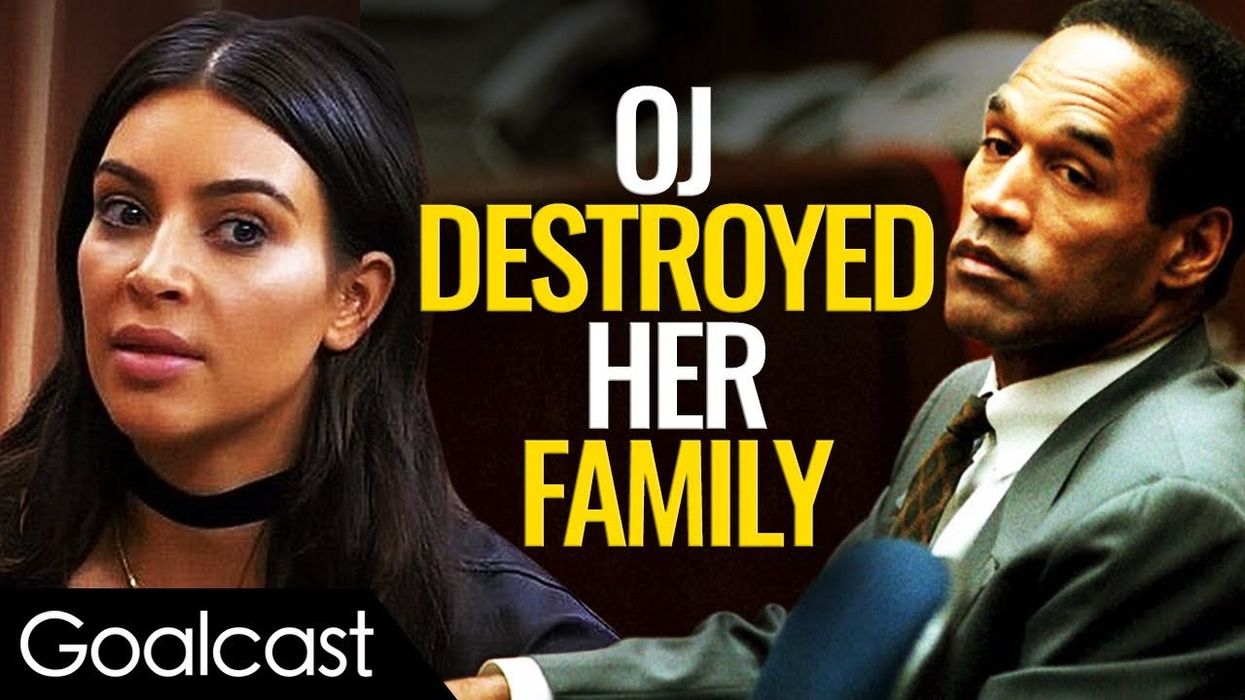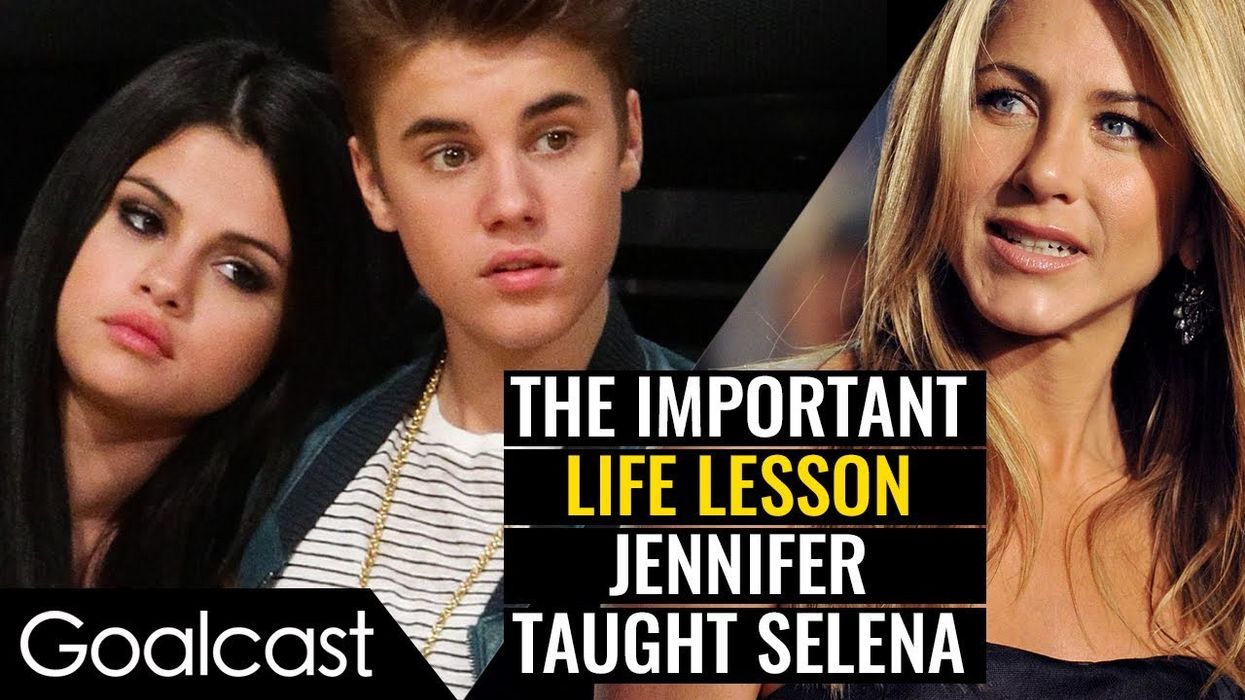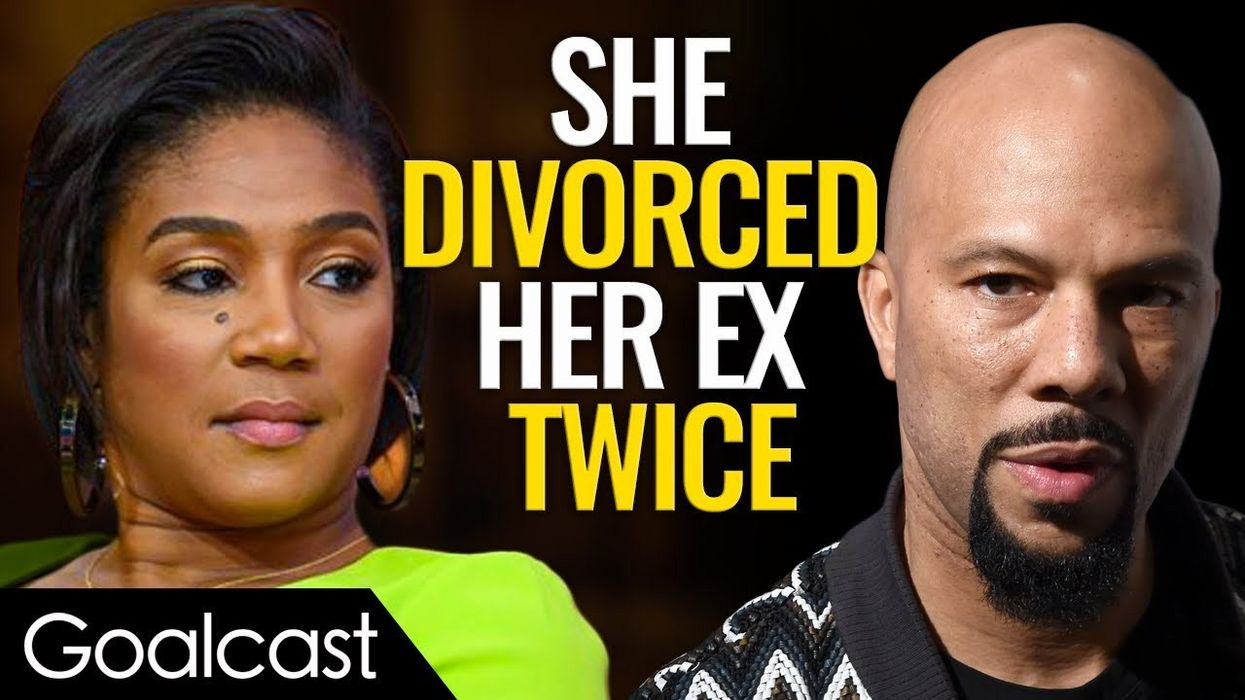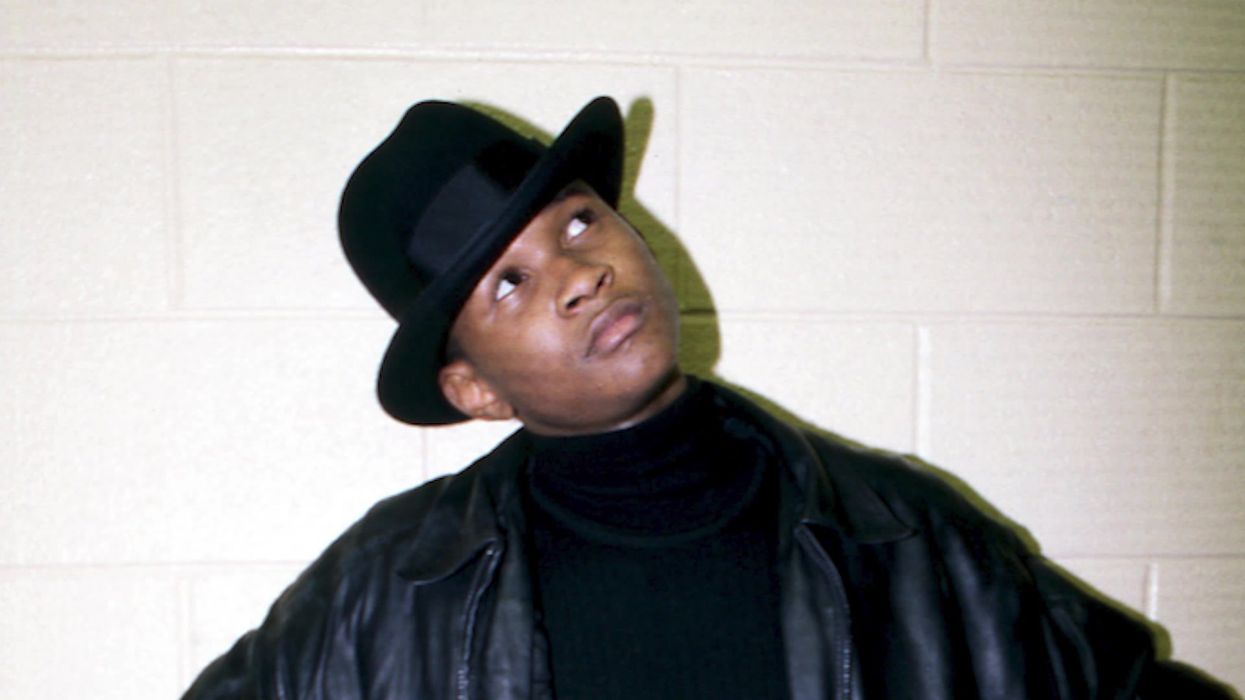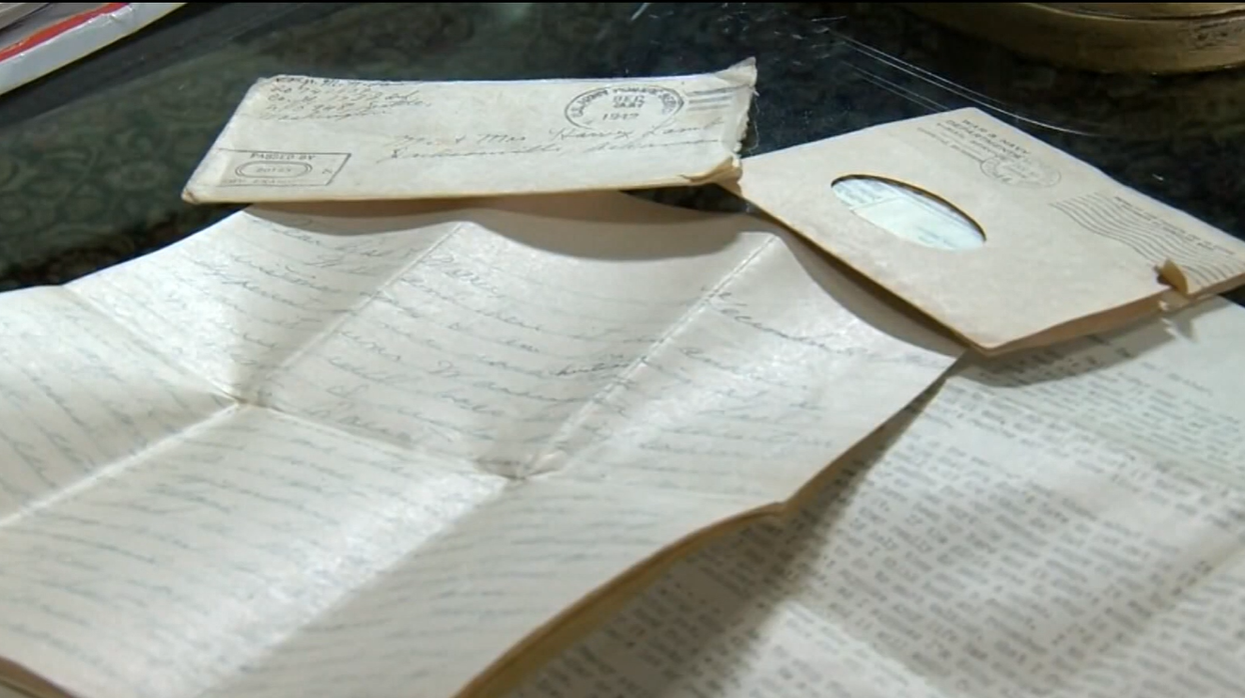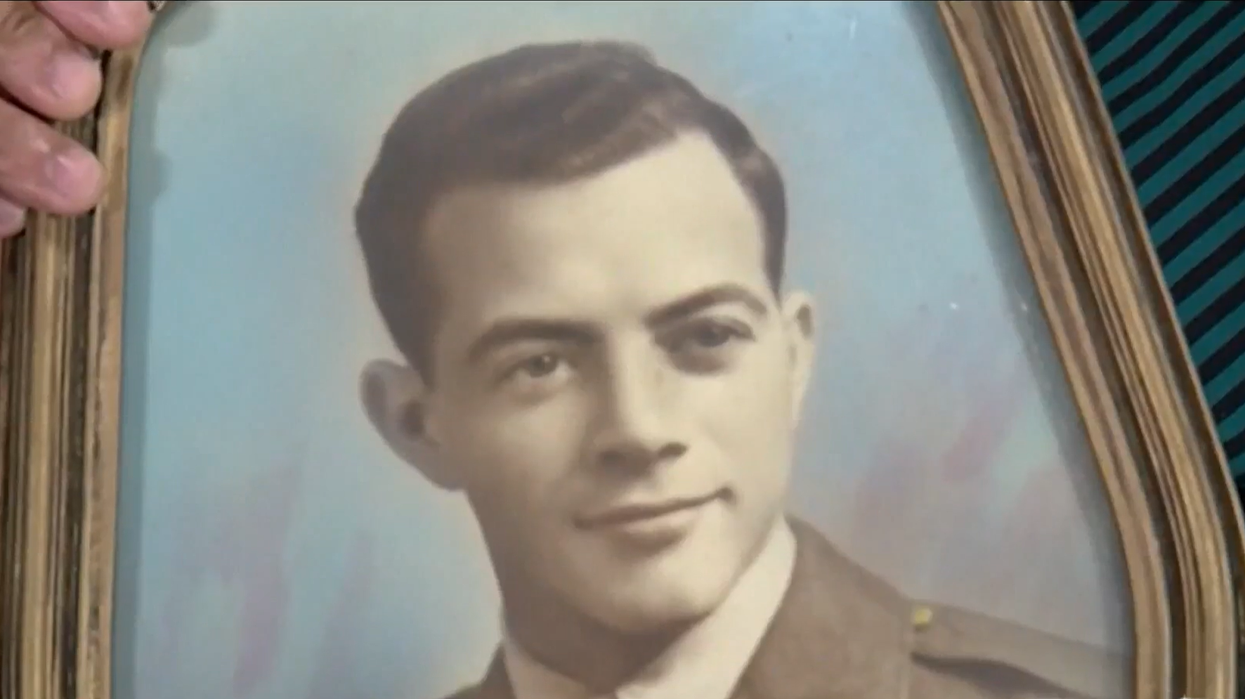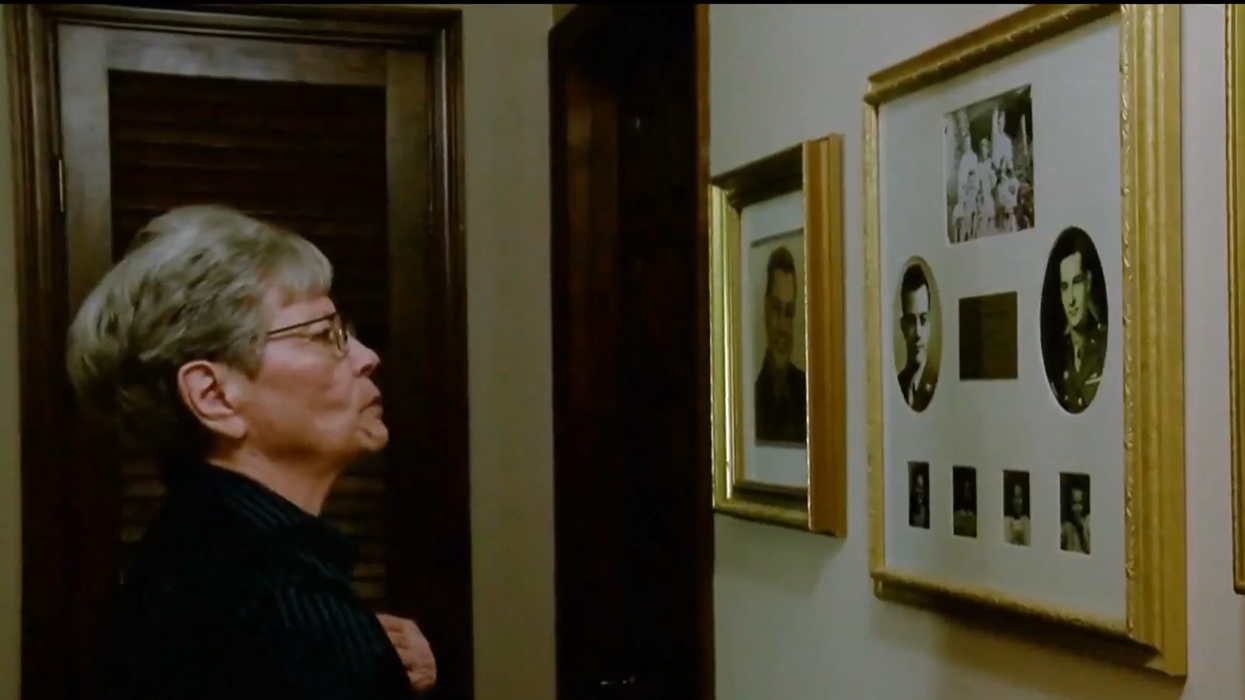
Ross Szabo | How To Take Charge of Your Mental Health
Ross Szabo - Tell Your Story
Growing up in a family stricken by mental illness, Ross Szabo feared the day he would be diagnosed with something. Crazy, bipolar, inspiring: Ross battled his inner demons for years before finding a way out and taking charge of his mental health. This is his life story.
Transcript:
I was actually born in Bethlehem and raised in Nazareth, Pennsylvania. Nazareth doesn't have a hospital. If you're pregnant, the hospital is in Bethlehem. You have to have your child and then go back to Nazareth. The funniest part of this story is I'm about to tell you about a guy who was born in Bethlehem, raised in Nazareth, and went on to speak to millions of people with a message.
Every mental health story begins with a family. This is mine. I'm the little guy in yellow. What this picture could never tell you is that on both sides of my family we have massive amounts of depression, anxiety disorders, bipolar disorder, and addiction. This was not a question of if I was gonna have a mental health disorder, it was which one was it gonna be and when was it going to come out.
I was president of my class and a varsity basketball player, involved in every student activity possible. I realized that I had the massive external life that everybody saw, and an internal life that no one knew about.
In January, my grandmother died, a year later my grandfather died, and six months after that my best friend was killed in a car accident. I grew up in a family where emotions were never discussed or talked about, and so I hid it. I found it was much better to put a happy face on and make people laugh than to talk about it.
At 16, I started experiencing clear symptoms of bipolar disorder. It started off with loneliness, I didn't say anything, I thought the loneliness would go away. It led to thoughts of death and suicide 24 hours a day, seven days a week for two months, but I didn't say a word.
I thought that one day I'd wake up and I'd want to live again. That day didn't come. And on January fifth of my senior year, I was hospitalized for attempting to take my own life. I woke up that night, I looked in the mirror, and I started crying. And I said to myself, alright you're either gonna continue this and you're gonna die, or you're gonna have to change.
It wasn't until that moment that I accepted it. So I went into therapy, I went into treatment, and I was honest for the first time, and I had to learn to like myself. And once I learned to like myself, I could deal with everything else. I could start talking, and exercising, and writing, and building relationships that mattered.
I still work on this every day. If you have experienced loss with every cell in your body, then you have experienced love with every cell in your body. And you know that after a while you can find some lightness through that dark.
What made my story different is what happened to me when I was in high school. In school I was called the crazy kid. I had rumors about me all through that town. And two months after I got out of the hospital a psychologist came into one of my classrooms to talk about the patients he was treating. As he talked about the patients he was treating, every single student in that classroom started laughing.
But I wasn't laughing. I said, "This isn't funny to me." And he looked down at me in the most rural Pennsylvania way and he said, "What are you gonna do about it?" And I had no idea that the answer I was gonna give was gonna change my life forever. But I looked back up at him and I said, "Let me speak, "Let me tell people what it's like to go through this." I stood up in that classroom, and I spoke for the very first time. And when I finished, no one laughed. And I learned at a young age that if you share your story, it opens people to sharing theirs. So from age 17 to age 22 I spoke to high school classrooms in my darkest years about what it was like to have bipolar disorder. I spoke to over half a million young people.
Education is the most powerful weapon, which you can use to change the world. We will always need awareness, but we need to do more. We need to teach mental health the same way we teach physical health. Mental health is something you build, and you foster, and you grow, much like your physical health.
This issue doesn't change unless we teach people about mental health in new ways. And that is art, and that is music, and history, and neuroscience, and everything coming together to make a difference. That's the future I see.
There is a mass amount of power in all of your stories. You won't know where it leads, until you tell it.
























